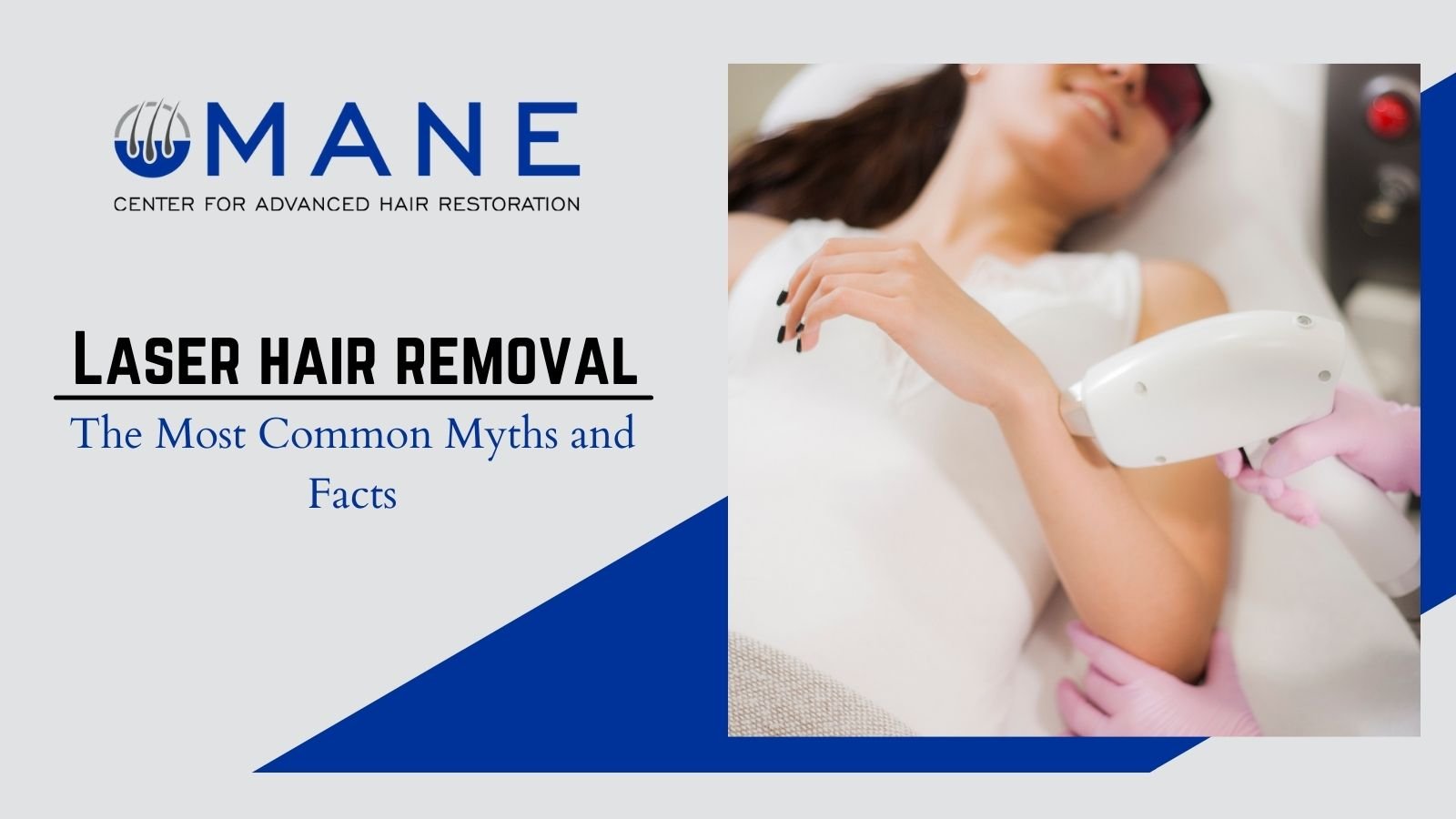Are you looking for an effective way to remove unwanted hair from your legs, underarms, and bikini area? Most of us have tried shaving, waxing, and epilating but found them to be painful, uncomfortable, and time-consuming. Additionally, these methods have after-effects, including rashes, ingrown hair, and dry skin. If you seek an easy and effortless way to get rid of body hair and keep your skin smooth, supple, and stubble-free, you can opt for laser hair removal treatment.
However, you may have heard several myths regarding laser hair removal treatment based on inaccurate information. Therefore, it is imperative to correct some of these myths so that you are aware of the facts.
Myth: Laser hair removal procedure is unsafe
Fact: Laser hair removal procedures have been performed safely on millions around the world. However, it is important to ensure that you get the procedure done from a qualified, board-certified dermatologist who uses an FDA-approved laser hair removal system. Avoid clinics using cheap laser systems that are not FDA-approved. Some patients may experience minor side effects like slight redness, inflammation, crusting, and a little skin color change. These are temporary and heal in a few weeks.
Myth: Laser hair removal causes burns and skin damage
Fact: Laser hair removal technology and equipment is an FDA-approved procedure that does not harm your skin. This safe procedure rarely causes any burns. However, it is always recommended to have your skin assessed before the treatment.
Myth: Laser hair removal is extremely painful
Fact: Laser hair removal treatment may cause slight discomfort that feels like a pinprick sensation but is not generally painful. However, people with sensitive skin may feel more pain than other patients. But the good news is that patients admit that laser hair removal treatment is much less painful than waxing.
Myth: You are exposed to radiation due to laser hair removal.
Fact: FDA approved laser hair removal systems do not emit radiation. The radiation present between the light barriers of the laser cannot exit that space. Therefore, it cannot harm the patient.
Myth: Laser hair removal treatment removes hair permanently
Fact: The result of laser hair removal treatment will depend on several factors such as the type of laser, type of hair, hair growth cycles, thickness and width of your hair, the practitioner's expertise, your genes, etc. Therefore, laser hair removal treatment may not guarantee
permanent hair removal, but it certainly effectively reduces and eliminates hair growth.
Myth: Laser hair removal increases hair growth
Fact: If this were true, laser hair removal would not have been a globally successful treatment amongst millions of patients. However, every individual’s hair growth pattern is different, so the growth of new hair follicles will vary accordingly.
Myth: Laser hair removal is not effective on dark skin
Fact: Laser hair removal works on any skin color. However, since dark skin absorbs more laser rays than light skin, the number of sessions required may be higher for people with darker skin or tan. Moreover, the dermatologist will thoroughly access your skin before the treatment to ensure that the procedure suits your skin type.
If you need an effective
laser hair removal in Maryland, our experts at the Mane Center for Advanced Hair Restoration can guide you with a treatment plan that suits your skin and is also within your budget!


